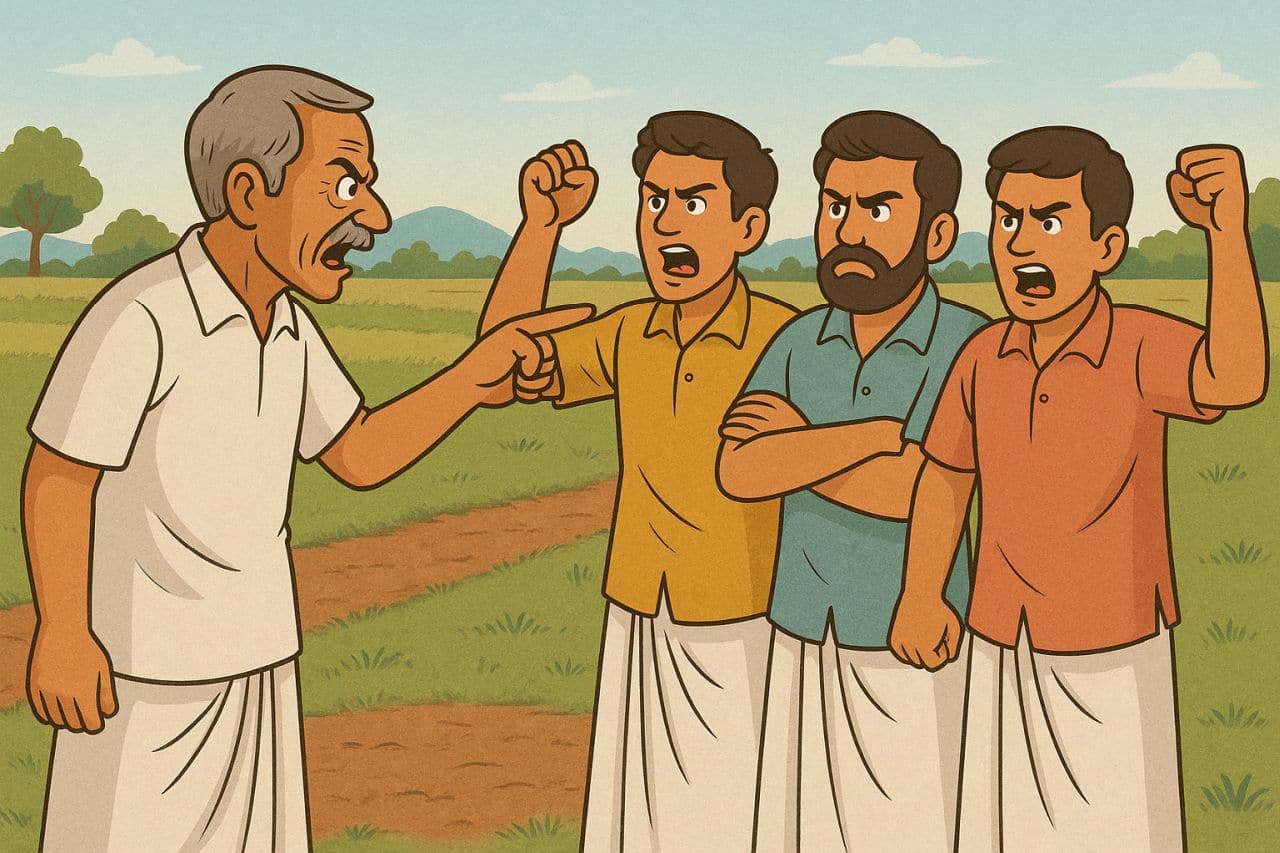
A father sold the family land from the ancestors. His children protested against selling land. The Supreme Court gave an important decision in the father’s favor on this case which lasted almost 31 years. The case was about the ancestral land of a joint Hindu family, located near Bengaluru. One of the three brothers sold a part of his father’s land, to which four of his children objected. The children said that since this land belonged to their grandfather, they are entitled to this property by ‘Coparsner’ and without their approval. But the father said that he had bought this land from his brother, and it was his self-act. On the basis of this argument, he said that he had the right to sell it. The Supreme Court gave a historic verdict on 22 April 2025, which can give direction in thousands of family property disputes.
Three decade long lawsuit
The case began in 1994 and ran in courts by 2025. The trial court ruled in favor of the children, while the first appellate court in favor of the father. Then the High Court overturned the decision in favor of the children. But finally, the Supreme Court overturned the High Court’s decision and clearly stated that the land found after the partition becomes a personal property, which any member can sell on his own will.
What did the Supreme Court say?
The Supreme Court said that according to the Hindu law, if the ancestral property is properly divided, then every person’s share will be considered as his self -earned property. Then he is free to sell, gift or to will sell that part.
In this case, a register was distributed by the three brothers in 1986. Father (c) bought his share from his brother (a) in 1989 and sold it in 1993. The children claimed that the father used the amount and family income given by the grandmother to buy the land, so this property would also be considered family. But the Supreme Court dismissed the argument, assuming that the father had purchased this property by taking a loan.
The Supreme Court said that no property acquired by themselves became the property of the joint family until the owners clearly intend to mix it in the family treasury. No such intention or evidence was found in this case.
Why do children lose this case?
Being a part of a joint family does not lead to birthright in any property. When the distribution is done, that land becomes private property. That is why the father had every right to sell property on his own.
Why is the decision of Supreme Court important
This decision of the Supreme Court will be an example in many cases where the property of the ancestors of children or other family members is disputed. It has been made clear that after partition, a person is a full owner of his share and there is no claim of others in it.
Is there a loss when late EPF Interest is found? Is not the calculated interest on the entire amount
